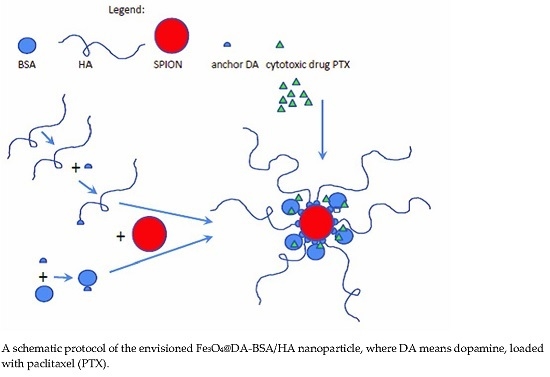The green tea catechin (–)-epigallocatechin-3-gallate (EGCG), is a highly potent polyphenolic nutraceutical. EGCG is a water soluble polyphenol to which numerous health benefits have been attributed, such as prevention of tumors, cardiovascular diseases, neurodegenerative diseases, obesity and diabetes. The beneficial effects of EGCG are primarily attributed to its antioxidant activity, which stems from its ability to scavenge reactive oxygen species. EGCG is quite stable in acidic solutions but extremely vulnerable to oxidative deterioration in neutral and alkaline solutions. The deterioration products of EGCG give yellowish-brown color to the originally colorless solution. Like other catechins, EGCC attributes unpleasant bitterness and astringency to the beverage.
To maximize its therapeutic utility, we introduced a novel technology for nanoencapsulation of EGCG within heat-denatured beta lactoglobulin (β-Lg) nanoparticles. The nanoparticles formed provide good protection against EGCG degradation, keep the system completely transparent and improve its sensory properties, thus acts as a platform useful for enrichment of clear acid beverages.
Furthermore, we found that the encapsulation in β-Lg nanoparticles increased the in vivo bioavailability of EGCG ~2-fold (based on a rat study- Zagury et al 2019 JFF, 59, 362-370). Moreover, the encapsulation enhanced the biological efficacy of EGCG in reducing liver triglycerides, and improving glycemic homeostasis in vivo (based on a study using a mouse model- Zagury et al., 2019. JFF, 59, 362-370).





